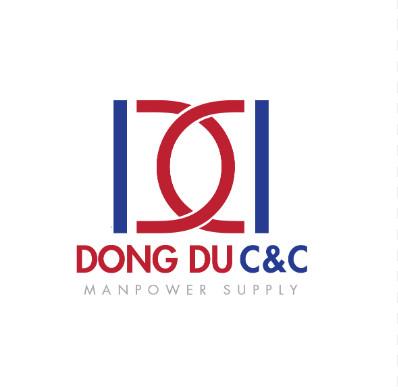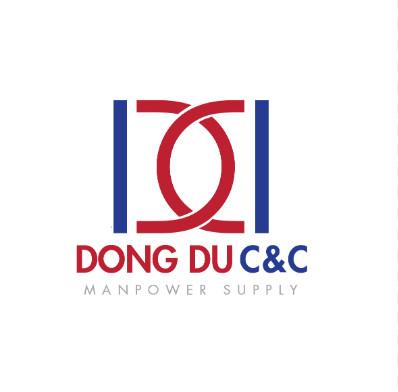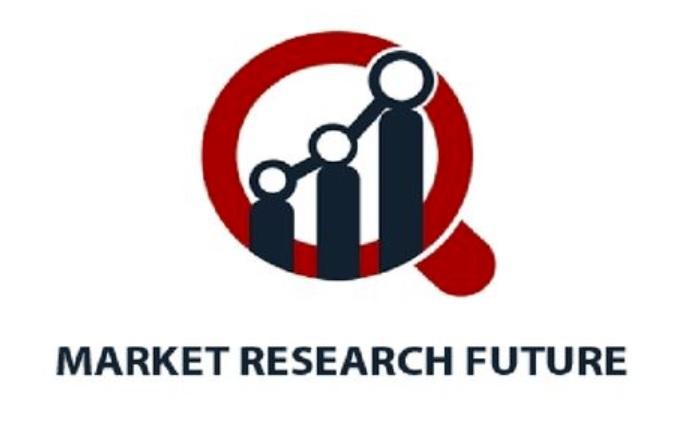A detailed analysis of the Healthcare Revenue Cycle Management Market reveals that the driving forces behind its rapid expansion are the escalating costs of healthcare delivery, coupled with the increasing complexity of regulatory and reimbursement mandates. Healthcare providers, ranging from large hospital networks to independent physician practices, are intensely focused on optimizing their financial performance by reducing claim denial rates and shortening the cash conversion cycle. This has spurred a mass adoption of advanced RCM solutions, particularly those leveraging robotic process automation (RPA) and artificial intelligence (AI) for tasks like coding, claims scrubbing, and patient eligibility verification. The current market analysis underscores that solutions offering high accuracy and minimal human intervention are capturing a disproportionate Market Share. Furthermore, the shift from fee-for-service (FFS) to value-based care (VBC) models necessitates sophisticated RCM technology that can manage complex risk-sharing agreements and quality reporting metrics, making a thorough analysis of vendor capabilities crucial.
This comprehensive analysis of the Healthcare Revenue Cycle Management Market highlights the critical role of integration capabilities. Healthcare organizations demand RCM solutions that seamlessly integrate with existing Electronic Health Record (EHR) systems, creating a unified flow of clinical and financial Data. Failure to integrate effectively often leads to Data silos, manual data entry, and increased error rates, negating the benefits of the RCM investment. Geographically, North America remains the leading region in terms of solution adoption and revenue, a position supported by a complex payer landscape and stringent compliance Demands. Successful vendors are those who not only offer robust core RCM functionality but also provide deep Business Insights and continuous regulatory updates, securing their long-term position in this highly specialized and rapidly evolving segment according to this extensive analysis.
FAQ 1: What is the main reason healthcare providers are investing heavily in RCM solutions? Answer 1: Healthcare providers are investing heavily to mitigate financial risks associated with rising operational costs, complex payer rules, and high claim denial rates, aiming to accelerate cash flow and improve overall revenue integrity.
FAQ 2: How does the shift to value-based care affect RCM requirements? Answer 2: The shift necessitates more sophisticated RCM solutions that can manage complex payment models, track quality metrics, handle risk-sharing contracts, and perform precise patient attribution, moving beyond simple transactional billing.
➤➤➤Explore MRFR’s Related Ongoing Coverage In Healthcare Domain:
Contract Research Organizations Industry
Contract Research Organization Market
Artificial Intelligence in Pharmaceutical Market
Contact Lens by Replacement United States Breakdown of Market



